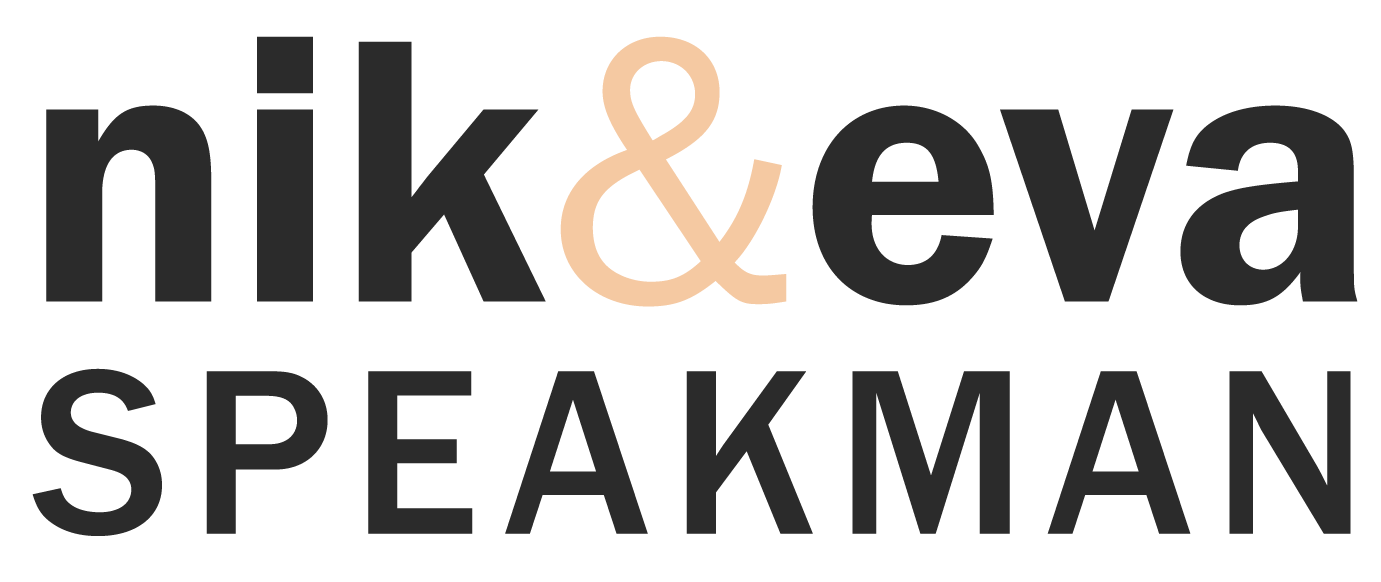How to overcome a fear of public speaking
Glossophobia – a fear of public speaking
The fear of public speaking is actually considered the number one fear in the world. Glossophobia can also be referred to as stage fright, performance anxiety or social anxiety disorder. Glossophobia holds people back in so many different ways. Whether it is doing a presentation at work or university, a team talk to a group of friends or colleagues at work, or even if you have been given the biggest honour of all – being asked to make a best man’s speech at a wedding. Your fear of public speaking can destroy what could be a positive and exciting event.
Surprisingly, research results show that people with Glossophobia would rather die, than speak in front of a group of people. The fear of public speaking ranks as number one in the top phobia league tables, and it is followed by the fear of death and the fear of spiders. However, no one is born with Glossophobia and if you are not born with something then you do not have to live with it. Thus you can get over it; that actually goes for any phobia.
Glossophobia is a learned behaviour. It is often learned as a consequence of speaking to a group of people and then feeling embarrassed. Probably the most common example we get with that is reading out loud in an English class, mispronouncing some words and subsequently the rest of the class laughing at you.
As adults, no-one likes to feel humiliated or embarrassed. A great example of that is if you have ever fallen over as a child, you dust yourself down and you get straight back up again. However as an adult, the first thing you do, no matter what the damage is or how much pain you are in, is you look around you and think “who saw me?” This is proof that embarrassment is learned. It’s another common event which can cause us to learn to link embarrassment with public speaking.
How can I overcome it?
To overcome your fear of public speaking, you need to consider the origin of your belief. Secondly, your subsequent behaviour. You then need to consider why you choose to allow public speaking to be penalised. For example, if your fear stems from a teacher who humiliated you in class or your classmates laughing at you, then it wasn’t speaking out that caused the discomfort, it was the teacher or the children. Therefore, you need to re-look at that situation so that you can take the emotion out of it and see it for what it was and not how it felt.
Another great tip to try and overcome your fear is to consider rehearsing before you speak. It would help for you to close your eyes and see yourself delivering a perfect speech to a warm and engaging reception by your audience, and by doing this a number of times, this helps build the confidence and gives your brain the message that you have already done it before as your brain cannot tell the difference between something you have actually done or something that you have strongly visualised or rehearsed. Another simple but effective technique is to sigh before you speak.
Just before you are about to public speak, sigh, because the great thing about sighing is that it almost gives you a message that it has already been done and it is over as we only ever really sign when we are done and are feeling relieved. Further, be confident and passionate about your content and topic as this will excite you and stop you feeling anxious.
Just consider, if you have a fear of public speaking yet if a loved one went missing and you were asked to do a news interview for their safe return, you wouldn’t hesitate as it is something you are totally passionate about and confident about the message you want to give.
Use comfort props
In addition, if you are public speaking, give yourself as many comfort props as possible. A great idea is to use index cards and just put bullet points on them because nobody actually minds you using index cards to read from and that is perfectly acceptable. It also helps if there is somebody in the audience who you love and you trust so that you can direct your eye line to them.
Another good tip is to arrive earlier at the venue and familiarise yourselves with the surroundings and the room, and just feel comfortable with where you are going to speak before you start. Remember, if you are talking about something, people are there because they want to hear what you have to say so you are not going to be judged unfairly.
Listen to one of our latest podcast episodes from our newest season of ‘Making The Change’, which touches on Glossophobia with special guests Ian and Jeremy from All on the Board. For more information on Glossophobia, watch our YouTube video.

